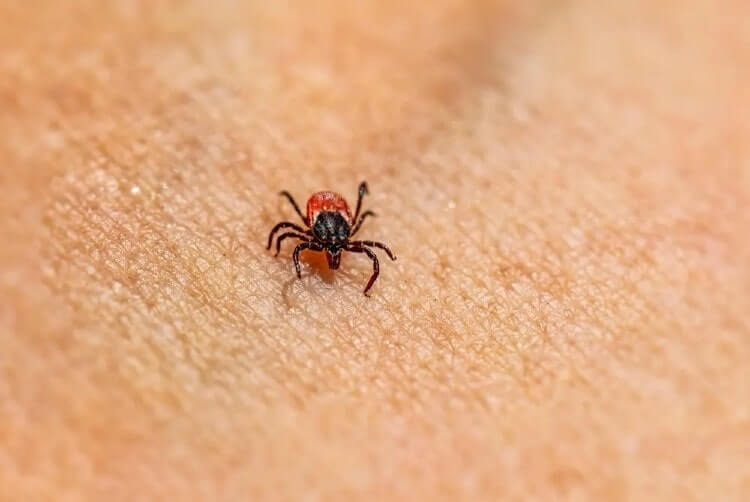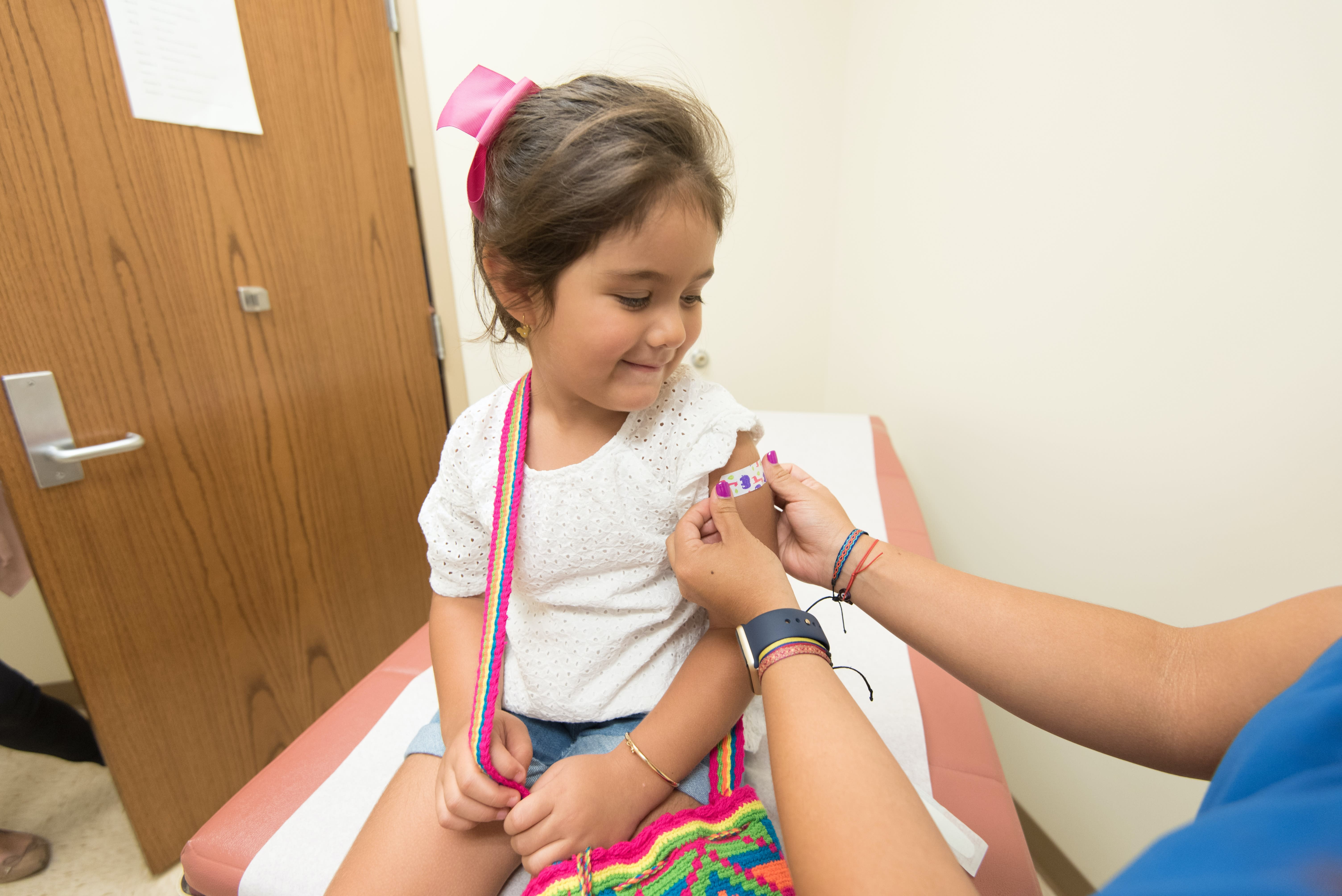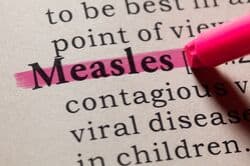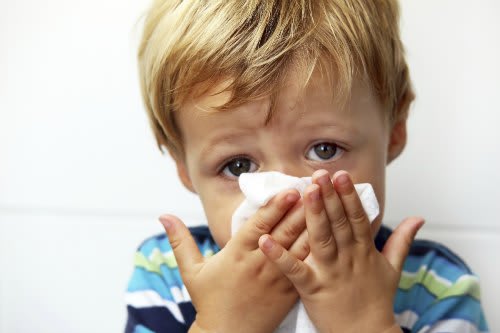Zika Virus: What You Should Know
Published: June 28, 2016l
By Joseph Kuchinski, DO, FACOEP-D, Medical Director, Stamford Health Urgent Care
Zika virus is spread to people primarily through the bite of an infected Aedes species mosquito. However, it can also be spread by humans, to humans, through intimate sexual contact. It is possible for a human who has been infected with the Zika virus to infect a mosquito that is not previously infected and the infected host. The most common symptoms of the Zika virus are: fever, rash, joint pain, and conjunctivitis (red eyes).
The illness is usually mild with symptoms lasting for several days to a week after being bitten by an infected mosquito. People usually don’t get sick enough to go to the hospital, and they very rarely die of Zika. For this reason, many people might not realize they have been infected. But here are some important facts, some of which may be hard to swallow.
- Zika virus infection during pregnancy can cause a serious birth defect called microcephaly.
- Once a person has been infected, he or she is likely to be protected from future infections.
- Because the symptoms of Zika are similar to those of many other diseases, many cases may not have been recognized.
- There is no vaccine currently for the Zika virus. All testing is being done by local departments of health.
- In May 2015, the Pan American Health Organization issued an alert regarding the first confirmed Zika virus infection in Brazil.
- On February 1, 2016, the World Health Organization (WHO) declared Zika virus a Public Health Emergency of International Concern (PHEIC).
- Local transmission has been reported in many other countries and territories.
- Zika virus will likely continue to spread to new areas.
How can the Zika virus be prevented? It starts with taking the following steps to protect against mosquito bites:
- Wear long-sleeved clothing when outdoors in areas where mosquitoes are active.
- Put on bug spray before going outdoors.
- Use air conditioning or screens on doors and windows.
- Empty water from any containers so mosquitoes have fewer places to breed. This includes small items like bottle caps.
- Avoid traveling to places* where there is a Zika outbreak, especially if you’re pregnant or planning to get pregnant.
- If you have traveled to an area where Zika is found, or you have already been infected, practice safe sex—use a condom for at least 6 months.
*Keep up to date on the latest here: www.cdc.gov/zika
Featured Expert/ Author

























